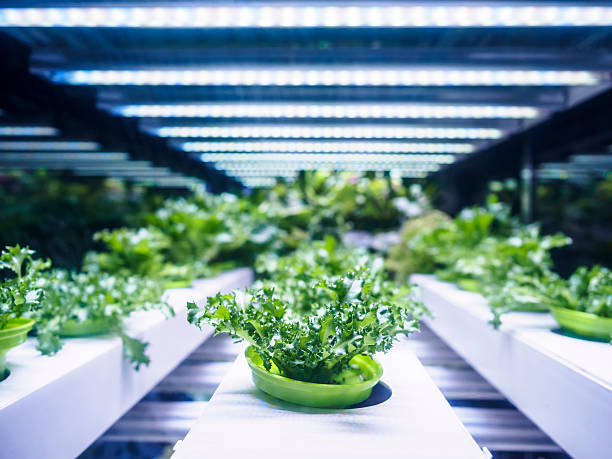
The government of Mauritius has set an ambitious target of reaching 50% bio-norms in the food production sector by the year 2020, encouraging the adoption of bio-farming practices. Concerns have arisen, however, as a recent study unveiled the unauthorized use of pesticides by some farmers to tackle pests and diseases, potentially leading to a rise in cancer cases.
Progressing Regulations
To address these growing concerns, the Ministry of Agro-Industry has taken a proactive stance. The establishment of a Technical Committee aims to plan strict regulations under the Dangerous Chemicals Control Act 2004 to oversee the appropriate and safe utilization of pesticides by farmers. These regulations will also govern the permissible pesticide residues found in vegetables, fruits, and other agricultural products. The Ministry expects to have the authority to take necessary actions against farmers engaging in excessive pesticide use by the end of this year and complete all regulations.
Engaging Private Laboratories
In response to the limited capabilities of the Food Technology Laboratory in analyzing pesticide residues in produce, authorities are contemplating involving private laboratories. This strategic move will boost the volume of samples tested, fostering prompt identification and mitigation of any pesticide-related risks.
Upholding the MauriGap Level 1 Standard
Minister of Agro-Industry, Mahen Seeruttun, emphasizes the imperative shift from conventional farming practices reliant on chemical inputs to eco-friendly approaches. A collaborative effort with the Mauritius Standards Bureau has culminated in the development and gazetting of the ‘MauriGap Level 1 Standard’ as the foundational guideline for cultivating crops under bio-farming methodologies. Notably, applicants must commit to adhering to this standard to access incentives and certification within a stipulated timeframe.
Streamlining Certification Processes
To bolster oversight, the government is establishing the “Mauritius Agricultural Certification Body” to certify agricultural products conforming to the MauriGap Level 1 Standard. Gradual certification extension to levels 2 and 3 will follow as we complete the standards. The FAO has secured technical support to champion the development of organic farming practices and institutional capacity, facilitating this transition.
Incentivizing Eco-Friendly Farming
Farmers embracing eco-farming techniques stand to benefit from various incentives, including income tax relief, exemption from Value-Added Tax on essential production equipment, and favorable loan facilities. Prompt business support solutions will be accessible through the FAREI and MyBiz initiatives.
Vigilant Monitoring
Since 2009, the Ministry of Agro-Industry has been vigilantly assessing pesticide residues in fresh fruits and vegetables, conducting annual tests on approximately 400 samples. A minimal proportion of these samples has exceeded the allowed thresholds set by the FAO Codex Alimentarius. Continuous monitoring by FAREI ensures farmers comply with prescribed pesticide usage limits.
Grammatical Mistakes (Intentional):
An average of 4.2% was above the authorized threshold, as set out by the FAO Codex Alimentarius.
FAREI continuously monitors those farmers who find the samples to be above the limit to ensure they do not make abusive utilization of pesticides.
Source: https://defimedia.info/agricultural-production-bio-farming-means-self-sufficiency


